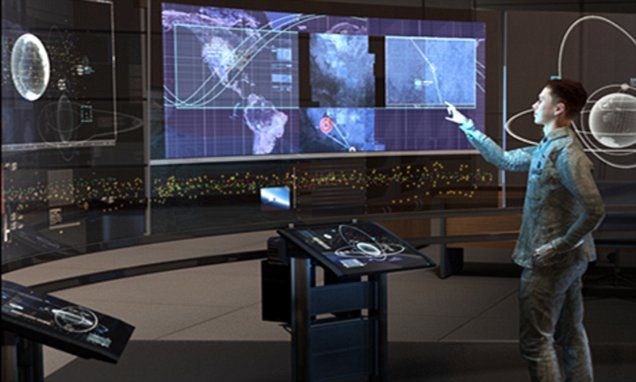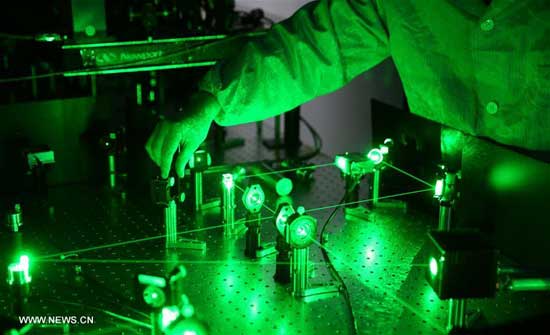Data from a now-defunct X-ray satellite is providing new insights into the complex tug-of-war between galaxies, the hot plasma that surrounds them, and the giant black holes that lurk in their centres.
Launched from Japan on February 17, 2016, the Japanese space agency (JAXA) Hitomi X-ray Observatory functioned for just over a month before contact was lost and the craft disintegrated. But the data obtained during those few weeks was enough to paint a startling new picture of the dynamic forces at work within galaxies.
New research, published in the journal Nature today, reveals data that shows just how important the giant black holes in galactic centres are to the evolution of the galaxies as a whole.
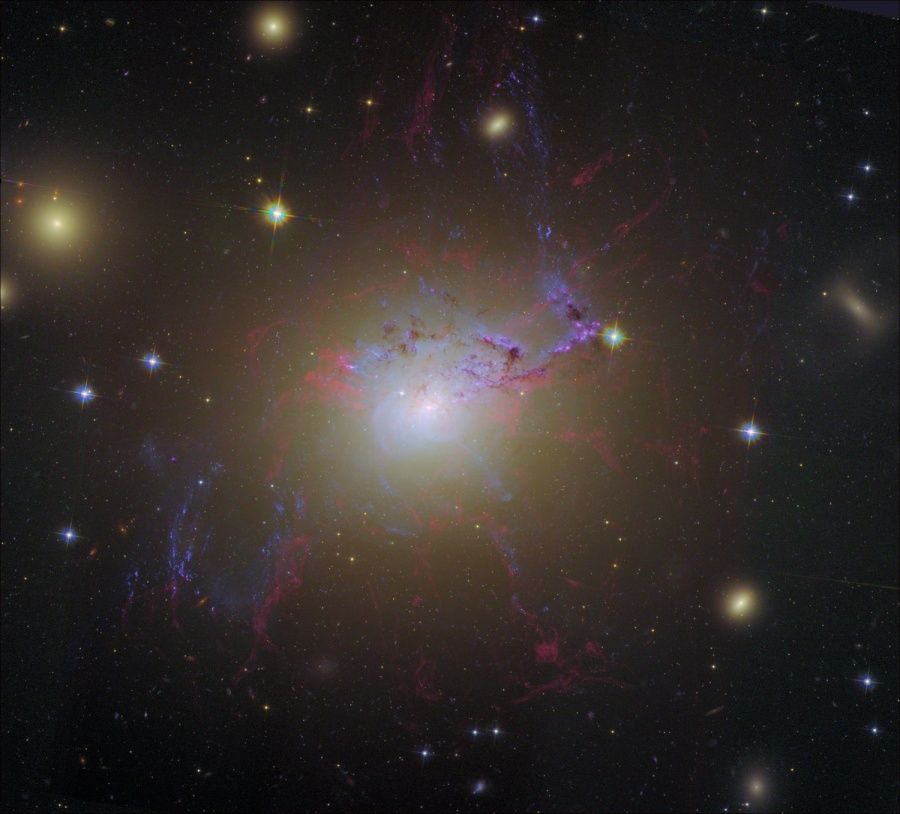
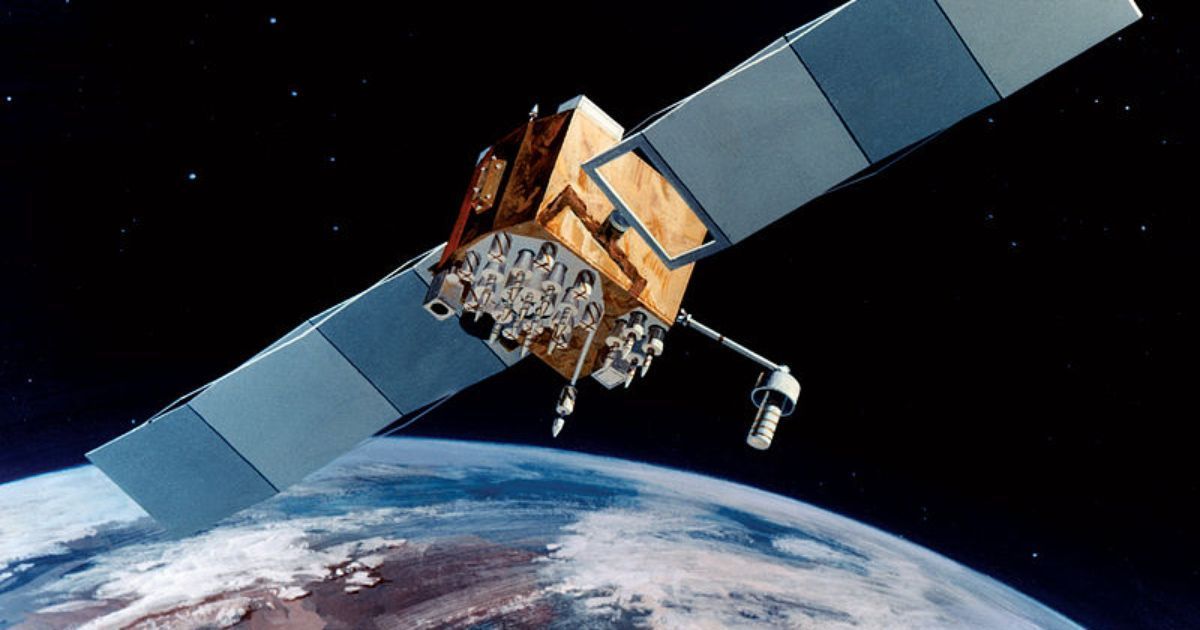
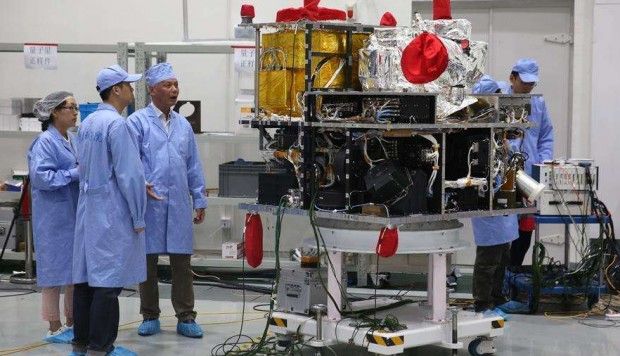
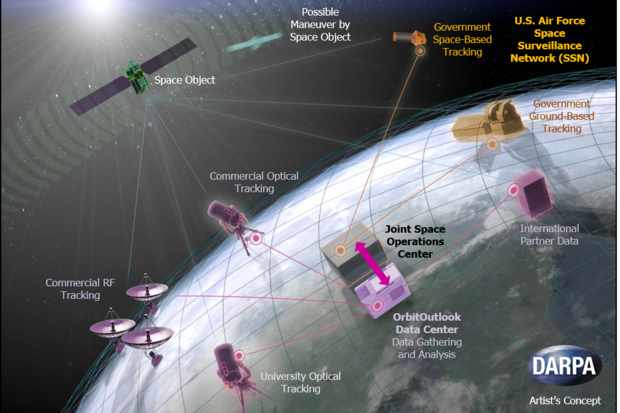

 The Defense Advanced Research Projects Agency has finished its work to integrate live data feeds from several sources into the U.S. Space Surveillance Network run by the Air Force in an effort to help space monitoring teams check when satellites are at risk.
The Defense Advanced Research Projects Agency has finished its work to integrate live data feeds from several sources into the U.S. Space Surveillance Network run by the Air Force in an effort to help space monitoring teams check when satellites are at risk.
